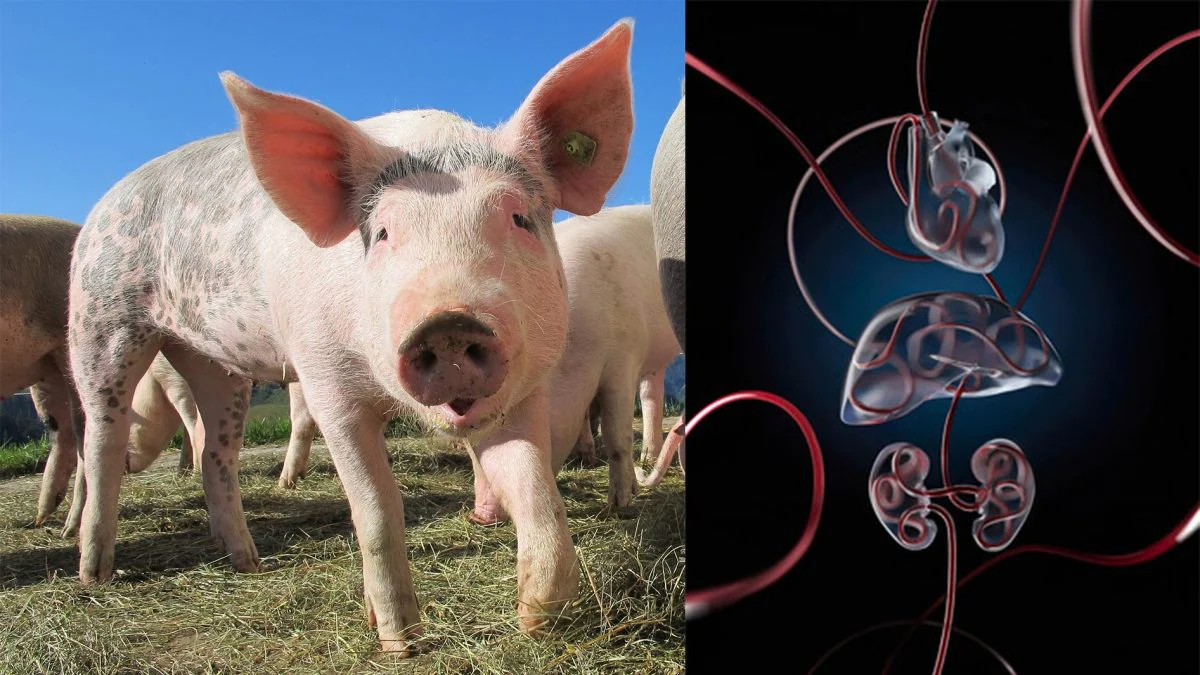Heartbeat, circulation, and vital functions are restored in the organs of pigs that have been dead for an hour
Thanks to a perfusion technique called Organix and a nutritional/anti-inflammatory liquid, vital functions have been reactivated in pigs that have been dead for an hour.
In dead pigs for more than an hour, they have restored blood circulation cellular activity and others functions fundamentally in vital organs. Signals related to the movement. Pigs, of course, have not been brought back to life also because none were registered brain electrical activity linked to consciousness, however, having these functions restored is an extremely significant achievement for medicine.
Thanks to the technique adopted it could be possible to cure organs affected by ischemic attacks (insufficient or no blood flow) during a heart attack o one stroke the damage of which is permanent, or it may be possible to extend the life of organs intended for transplantation with the possibility of breaking down the very long waiting lists. Moreover, many organs of potential donors become unusable only for logistical reasons.
To restore vital functions in dead pig organs and blood circulation a US research team led by scientists from the Neuroscience Department of the prestigious Yale University School of Medicine, collaborated closely with colleagues from the departments. of Genetics, Psychiatry, Comparative Medicine, Pathology, and the Program in Cellular Neuroscience.
Scientists, led by Professors Nenad Sestan and David Andrijevic, achieved this after perfecting a technique called Brain Ex thanks to which in 2019 they were able to restore circulation and other cellular functions in the brain of a dead pig. The new technology, called Organix, is an evolution designed to work on the entire organism of the pig.
Basically, it is based on two components: perfusion machinery similar to those that allow extracorporeal circulation during surgical interventions, artificially replacing the activity of the heart and lungs; it's an experimental fluid designed to nourish and assist cells by suppressing inflammation and the cascading processes that occur after death.
As explained by the experts, after the last heartbeat begins a chain of biochemical processes due to the absence of oxygen, blood, and nutrients that leads to the rapid cell destruction, of tissues and organs of the body. Thanks to Organix it is possible to greatly delay these processes and restore functions that stop after death, such as circulation and other cellular activities.
Six hours after starting treatment, in dead pigs (anesthetized and killed by induction of a cardiac arrest) the researchers observed the activation of different cellular functions in the various organs, such as the liver kidneys, and the heart in which it was found electrical activity and the ability to contract. “We were also able to restore circulation throughout the body, which amazed us,” Professor Sestan said in a press release.
"Normally, when the heart stops beating, the organs begin to swell, with the collapse of the blood vessels and the blockage of circulation", specified the expert, but thanks to the treatment the organs "appeared functional at the level of cells and tissues. ". “Under the microscope, it was difficult to distinguish between a healthy organ and one that had been treated with Organix technology after death,” echoed Professor Zvonimir Vrselja, co-author of the study.
They also observed involuntary muscle movements at the level of testa he was born neck for all six hours of the experiment, a sign that the pigs also maintained some motor functions (although they were anesthetized all the time).
“There are numerous potential applications for this exciting new technology. However, we must keep close supervision of all future studies, especially those that include brain perfusion, ”said study co-author Stephen Latham, who heads the Yale Interdisciplinary Center for Bioethics.
Just the issues bioethics represent a crucial junction for the evolution of these experiments which, as indicated, could help heal the tissues affected by strokes and heart attacks and preserve the organs of deceased donors for a long time. The details of the research "Cellular recovery after prolonged warm ischemia of the whole body" have been published in the authoritative scientific journal Nature.



